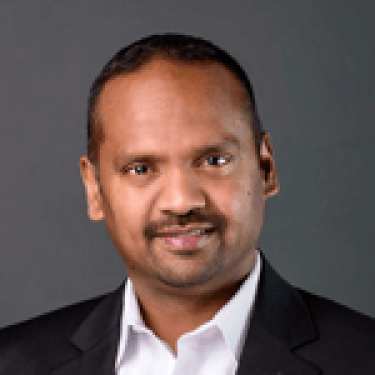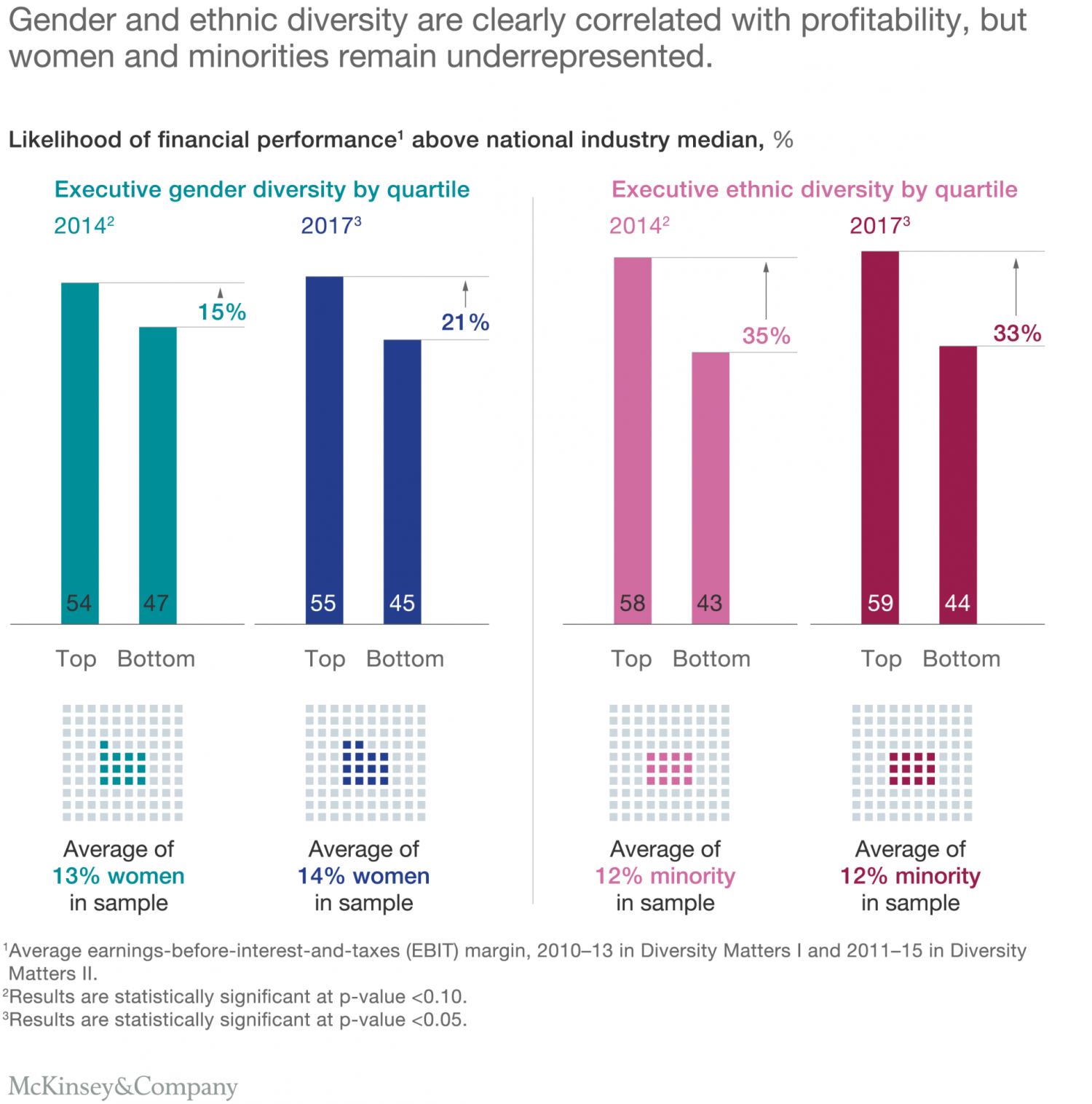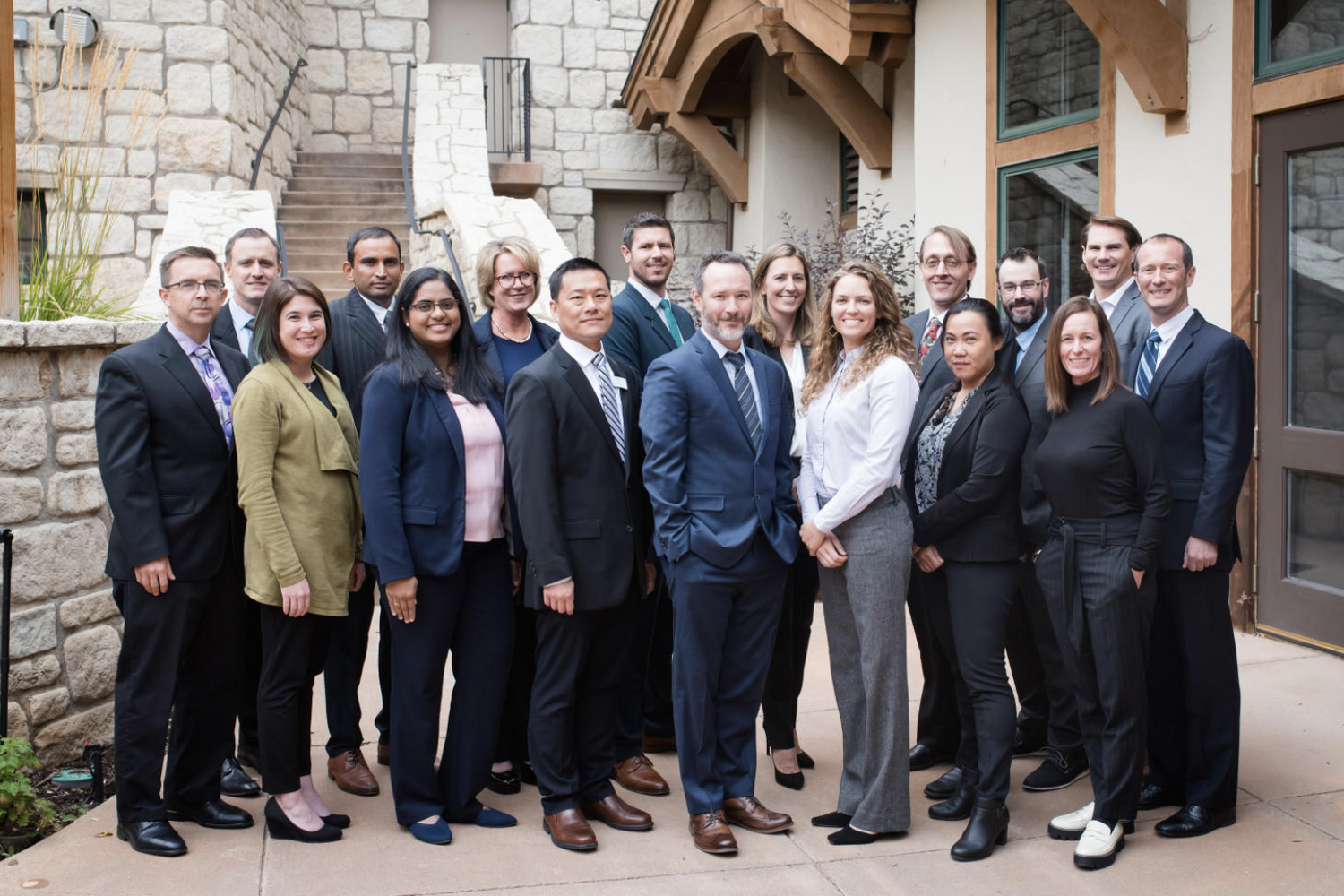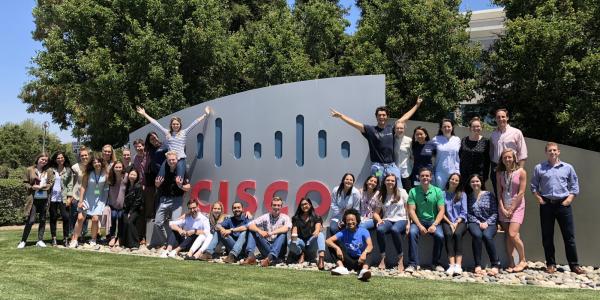 Our Global Business Club brought in speaker Cecil Sunder, Technology Solutions Strategist at Microsoft and Leeds MBA alumni, to discuss diversity and inclusion in the workplace. Microsoft has over 20 years of committed diversity and inclusion efforts. Microsoft defines diversity “not as a finite goal; it is a journey that requires constant self-assessment and recommitment.” In the end, a diverse and inclusive environment will result in better ideas, better products, and better outcomes for customers. How can you be diverse and inclusive at Microsoft? Their answer: Awareness, curiosity, and courage.
Our Global Business Club brought in speaker Cecil Sunder, Technology Solutions Strategist at Microsoft and Leeds MBA alumni, to discuss diversity and inclusion in the workplace. Microsoft has over 20 years of committed diversity and inclusion efforts. Microsoft defines diversity “not as a finite goal; it is a journey that requires constant self-assessment and recommitment.” In the end, a diverse and inclusive environment will result in better ideas, better products, and better outcomes for customers. How can you be diverse and inclusive at Microsoft? Their answer: Awareness, curiosity, and courage.
We started the conversation by defining diversity and inclusion and recognizing the differences between them.
Diversity is the full range of human and/or organizational differences and similarities.
Inclusion is the process of leveraging the power of differences and similarities to effectively integrate everyone into the culture of the organization to achieve a common objective.
Cecil made a great point—inclusion is not “we,” it is a lot of “I.” He posed the question, “What are YOU doing to be inclusive of others?” There is a gap between “we” and “I,” and the “I” needs to be a focus. Ask yourself, “Am I being inclusive to my own teammates?”
True diversity and inclusion is a culture; it has to be empowered from the top levels of the company. Diversity can enable inclusion, but it is not a recipe for it. When people try to identify within a sub-group and not celebrate others’ perspectives, there can be a real challenge. Cecil emphasized the importance of appreciating the differences in others, persistence, and integrity, and not just trying to fit in. My favorite quote from our lunch hour was “Don’t work too hard on fitting in; work too hard on learning things.” If you are authentic and honest, your team, leaders, and peers will accept you.
Cecil mentioned several statistics about diversity, inclusion, and profitability. The report he referenced is viewable here. I found this exhibit particularly useful in understanding how diversity positively impacts a company’s earnings:

Our conversation also addressed unconscious bias; what you don’t know can hurt others. I will end with a quote that Cecil shared: “Fortunately for serious minds, a bias recognized is a bias sterilized.” –Benjamin Haydon, Artist & Lecturer.
We are so grateful to Cecil for sharing his time, perspective, and insights with us!











